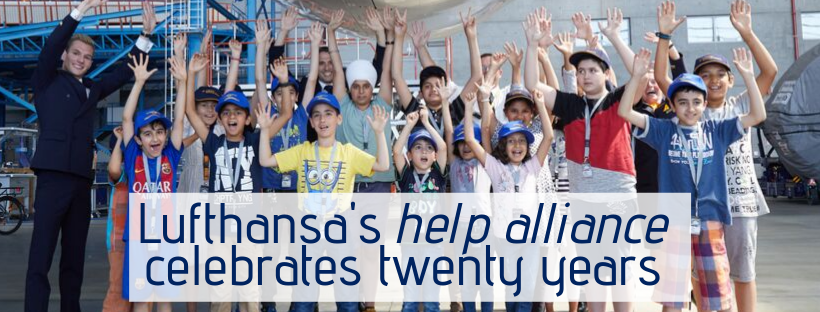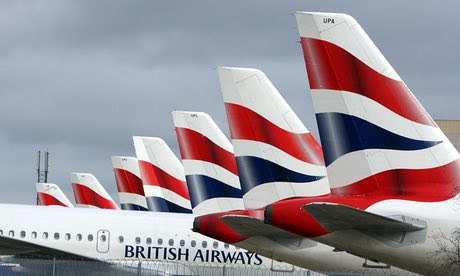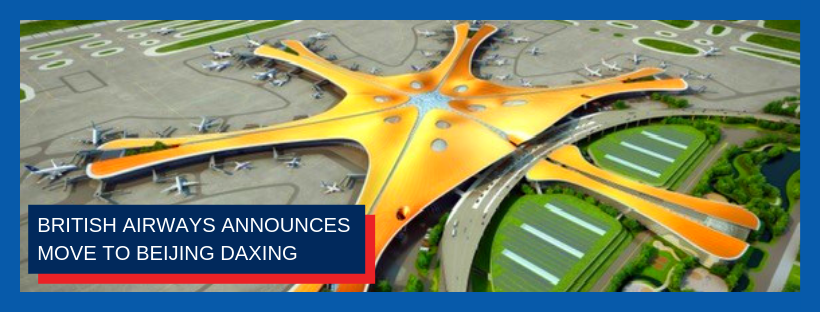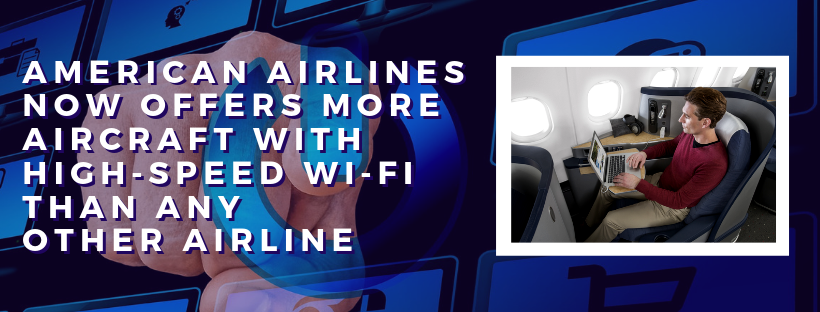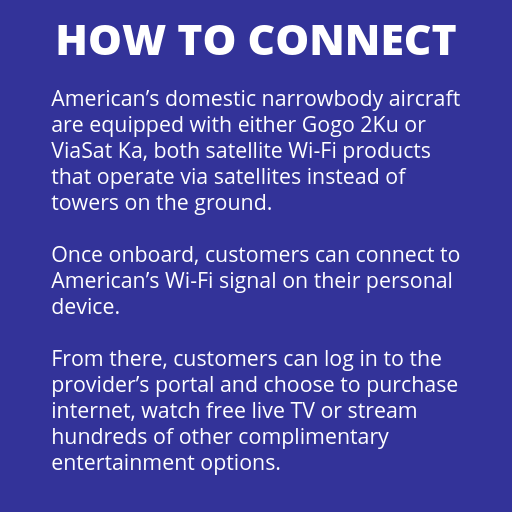Lufthansa’s “help alliance” celebrates its twentieth anniversary
The help alliance celebrates its 20th anniversary this month. The globally active aid organisation was founded in September 1999 as an association of employees from various areas of the Lufthansa Group.
It now forms the central pillar of the Group’s activities in the area of social responsibility and stands for professional, sustainable help for disadvantaged people – especially young people – worldwide. To date, the help alliance has collected €17 million in donations, which have been used for 50 projects in Africa, 55 in Asia, around 25 in South America and 20 in Europe.
Projects are proposed for support by Lufthansa Group employees and are also supervised by them on an honorary basis. Since 1999, 80 Lufthansa Group employees have volunteered as project managers. They regularly check on site to make sure that 100% of the donations go to the projects. This is in line with the guiding principle of the help alliance, which focuses on employee commitment.
Vivian Spohr, patroness of the help alliance said
The help alliance is a success story. Originating among of the workforce, it has been helping for 20 years where help is most urgently needed. Through the personal and voluntary commitment of Lufthansa Group employees and our other supporters, we have been able to offer children and young people a perspective. I would like to take this opportunity to express my sincere thanks
All initiatives focus on education, work and income and thus contribute to the United Nations’ global sustainability goals of “Quality Education” and “Decent Work and Economic growth”. In the future, the Lufthansa Group would also like to offer its employees corporate volunteering in help alliance projects. Here, employees use their individual skills to work for the benefit of the project.
The construction of the iThemba primary school in the Capricorn township near Cape Town in South Africa is the largest help alliance project to date with an investment volume of more than one million euros. Since its opening in January 2018, 105 children are able to be taught in three classes. As soon as the construction is been completed, 700 disadvantaged girls and boys will receive high-quality education and offered a better future.
In 2019, the help alliance also significantly expanded its social commitment in Germany with new project co-operations. In Frankfurt, for example, help alliance is supporting a job buddy programme designed to help refugees to enter the German job market.
The help alliance, together with the employees of the Lufthansa Group, will continue to work for disadvantaged people around the globe.

